A frequent question I get is what do chickens eat, and the answer is pretty much anything (my Araucana chicken will eat me out of house and home if she could!)
But, there are definitely things you should feed them and things you SHOULDN’T feed them. So let’s talk all about what your chickens should and shouldn’t be eating.
We’ll also debunk some myths about what chickens eat. So let’s get started!
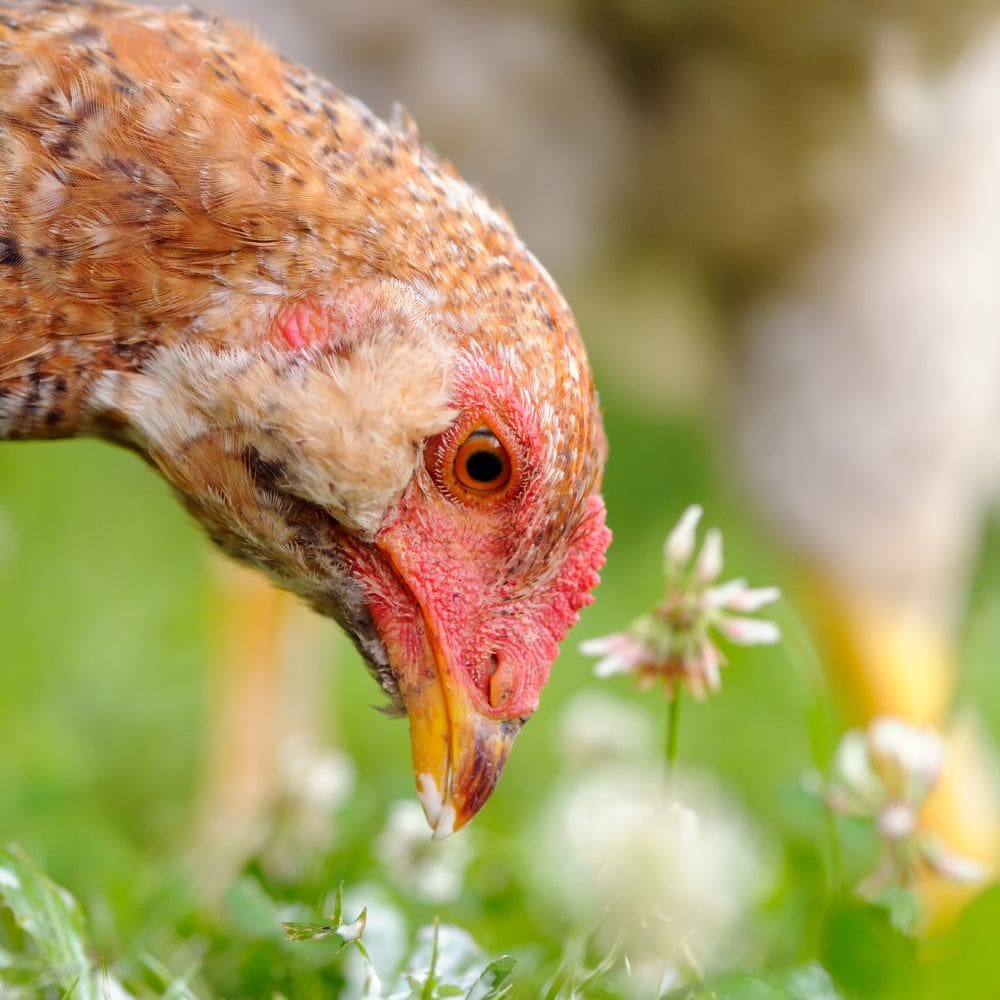
Table of Contents (Quickly Jump To Information)
So, what do chickens eat?
It’s incredibly important to give your hens a high-quality, varied diet.
To ensure your hens are getting a varied diet, you need to know what chickens eat. Plus providing your chickens with a high-quality, nutritious diet means that you will have great-tasting eggs!
My chickens aren’t super picky. Honestly, they’ll eat ANYTHING. But I like to see to it that my chickens are getting the nutrients that they need. Here are some of the things that I think are the best things to feed your flock.
Layer feed
Layer feed is the cornerstone of any good diet plan for your hens. It contains all the nutrients they need to be healthy – laying eggs is taxing on a hen’s body, and the protein and nutrients it requires must be replenished.
Once they start laying eggs, you should feed them a high-quality feed with at least 16% protein daily. You can make your own feed using my recipe here or you can buy it already made here.
You might find that your hens will gobble a pelleted layer feed and refuse to eat a mash (or vice versa) – that’s okay. My Araucana chicken LOVES her mash – chickens are funny creatures and have their preferences just like we do.
Herbs
Herbs are really important for chickens because:
1. Chickens love them
2. They provide important nutrients
3. While providing nutrients they also provide some environmental activities for your chickens in their run.
I just made a DIY Herb Pot for my chickens and they absolutely love it!
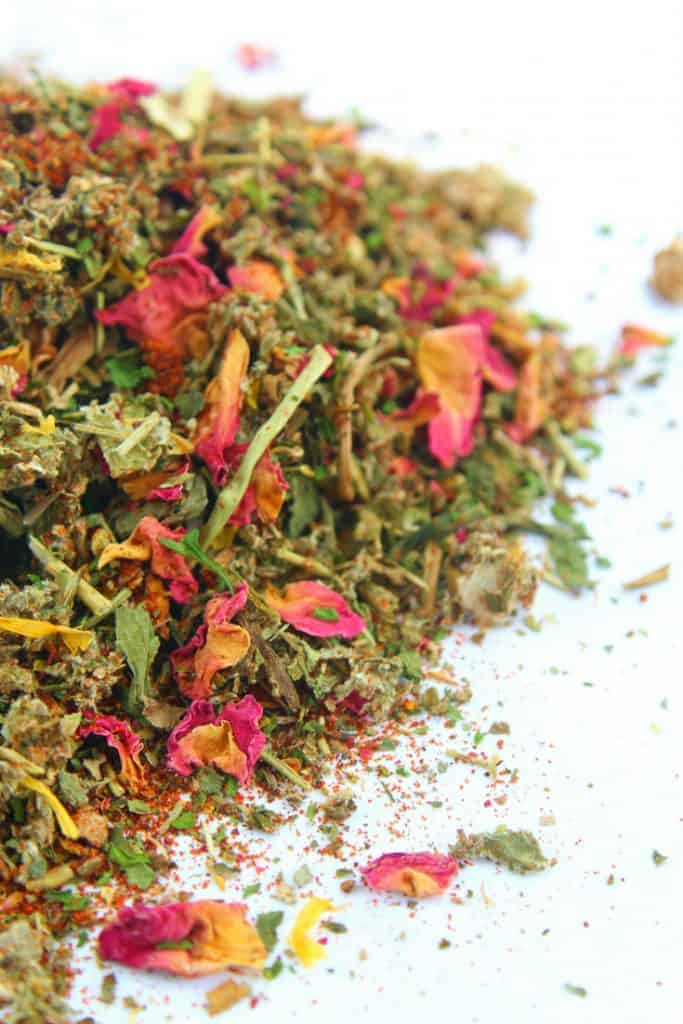
Some of my favorite herbs that I use for my chickens are peppermint, oregano, and sage. Oregano has antibacterial properties, so it promotes cleanliness in your coop. Studies have also shown that oregano helped chickens to be healthier and lay more!
Garlic is great to add to feed – in studies, it’s been shown to boost immune systems in humans and animals alike.
I also love using peppermint because it smells SO GOOD! And it also can help keep insects away from your chickens and possibly help maintain a healthy respiratory system.
Sage is one of my go-to herbs for healthy digestive systems. It smells great like peppermint and my chickens love to peck at it. In studies, it also reduced internal parasites (wormwood and chili are also great options.)
Check out several great herbal blend products here.
Fruit
Fruit can be great for your chickens because there are a lot of vitamins and minerals provided. Grapes, apple flesh (see below for more about apples), pears, raspberries, strawberries, and blueberries are all great for chickens.
Just keep in mind that some chickens won’t want fruit – mine don’t seem to be too partial to fruit (Hawk, my Araucana hen, really loves her black soldier fly larvae).
Like anything else, fruit should be fed in moderation since too much of anything can be harmful to your chickens. I normally make sure that when I’m feeding my chickens “table scraps” (i.e. leftover fruits and veggies) it doesn’t exceed more than 10% of their diet.
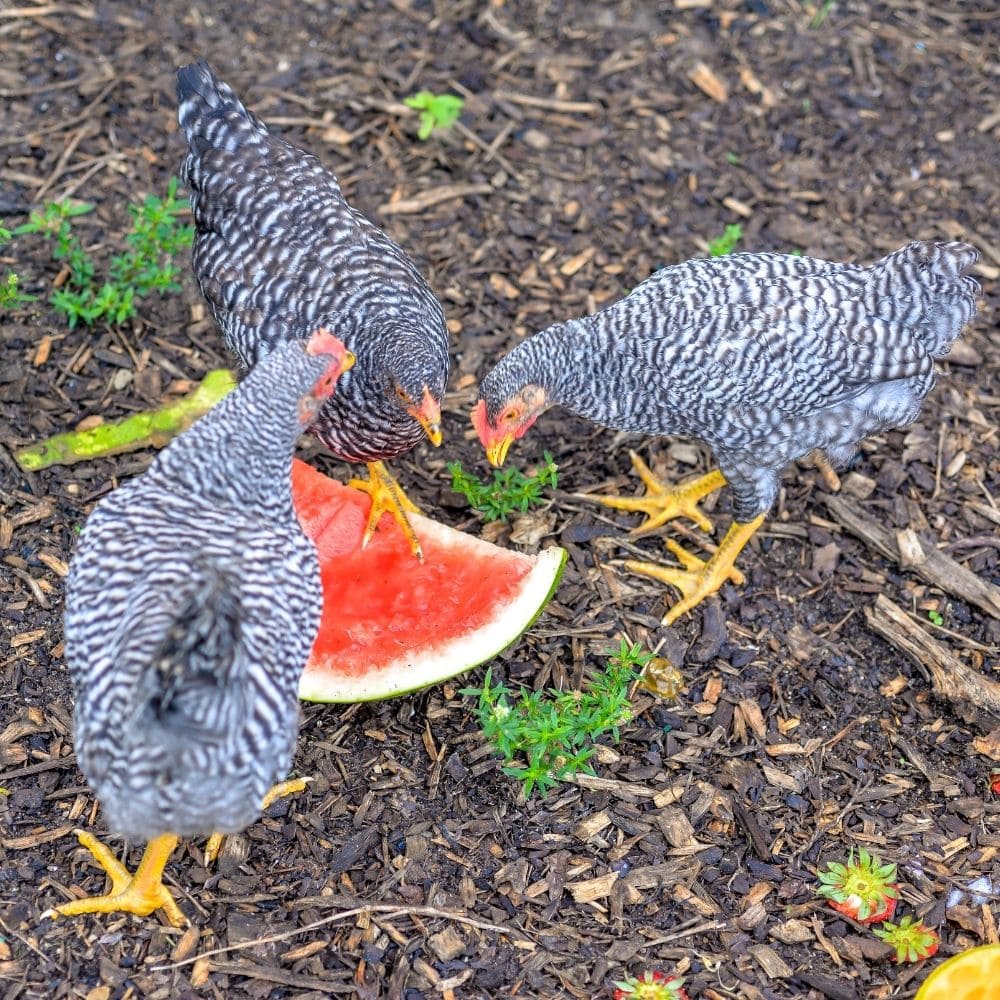
Leafy greens & vegetables
Chickens do like leafy greens – some go-to leafy greens are lettuce, kale, spinach, arugula, etc. Every year we grow our hens their own special greens garden by broadcasting seeds into a raised bed and then harvesting as needed.
I don’t suggest letting the hens have access to the garden 24 hours a day – they’ll shred it to bits in no time flat.
You can also grow greens and herbs in their coop, but give them limited access with a DIY grazing box, which is VERY easy to put together and durable – ours has lasted us several seasons.
There are some leafy greens you should avoid feeding backyard chickens, but we’ll talk about those later!
By and large, your chickens can eat any vegetables you do – keep in mind that cooked, soft vegetables might go over better than raw. However, cooked veggies typically don’t have the same amount of nutrients as raw, so one option is to ferment your vegetables for 3-7 days so they get soft without losing nutrients.
So feel free to let your chickens eat carrots, cucumbers, broccoli, and even pumpkin. They’ll love it and you will love the health benefits too!
Fermented vegetables are also super healthy for hens because they have beneficial bacteria such as lactobacillus which can help balance their digestive system and possibly lower their pathogen load. In studies, hens fed fermented foods had lower incidences of salmonella in their systems.
Sprouts & Fodder
My chickens LOVE to eat sprouts. And sprouts are so easy! Sunflower sprouts are simple, although you can sprout wheat, oats, beans, etc.
Chickens love them because they’re fresh greens plus seeds, and they love picking at both. They’re also extremely nutritious for chickens since seeds are full of all the vitamins and minerals required to generate new life.
To learn how to sprout seeds, here’s a tutorial for sunflower seeds.
Fodder is also something chickens eat – it’s basically sprouting seeds, but allowing them to grow into grass or actual plant. Learn about growing fodder for chickens here.
Eggs
There are many myths about feeding your chickens egg shells, but egg shells are a great source of calcium and protein for your chickens and they are totally fine for them to eat.
Cooked eggs are best – as you know, raw eggs carry a chance of pathogens, and you don’t want your hens transmitting bacteria to each other accidentally or reinfecting themselves. You can scramble the eggs – just make sure they’re cool before giving them to your chickens.
Eggshells are also great for chickens & an easy source of calcium. Again, dried, toasted eggshells are better than raw.
Insects (live & dried)
One crucial aspect of your chicken’s diet is ensuring that they get enough protein. Protein is a critical part of nutrition. Chickens require a lot of protein to lay eggs and have healthy feathers, among other things.
And one thing chickens LOVE to eat are dried insects such as Black Soldier Fly Larvae and mealworms.
You can either mix in mealworms and black soldier fly larvae into your chicken’s feed to help them get the protein that they need or feed them separately – just be prepared to be jumped on when your hens see the bags!
Here are articles about how you can raise your own Black Soldier Fly Larvae and Mealworms for your chickens.
Meat
Yep, when asking yourself “what do chickens eat?” you might not think of meat. Remember, chickens are omnivores, so they will eat other animals given the need and opportunity.
In fact, my Araucana hen will attack baby mice or frogs as sport. You might find that if your hens are protein deprived, they’ll start going after other animals to rebalance their nutrient deficiency.
You can also feed meat as a treat. Our hens go bonkers over local crawfish.
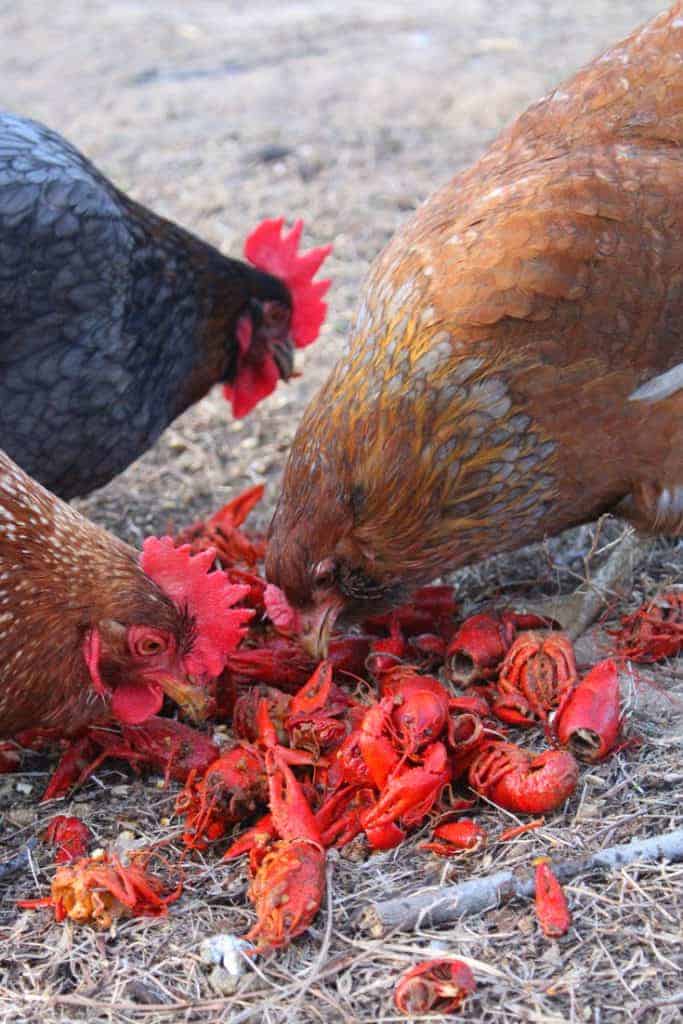
Other things to feed chickens
- High-protein snacks or chicken treats like these
- Oyster shell for calcium
- Scratch grain because they love it (this is our favorite)
- Grit (especially if they don’t free range at all)
What to avoid feeding chickens
Feeding chickens isn’t too complicated, but there are some things that you should avoid feeding them. Here’s a brief list (not comprehensive):
- Dried or undercooked beans
- Moldy food
- Apple seeds
- Pits from stone fruit such as peaches, avocados, nectarines, cherries
- Dry rice
- Undercooked/raw potatoes
- Potato skins (cooked and raw)
- Rhubarb
- Excessive amounts of beet leaves, swiss chard, and spinach (which contain oxalic acid which can be poisonous in large amounts)
So now let’s talk about some of the feeding myths that I hear ALL the time.
Feeding myth #1: It’s okay to let chickens forage 100% of the time.
Sure, if you want scrawny birds that don’t enjoy human interaction. Chickens can survive foraging on their own, but letting them forage can be detrimental to their egg production and temperament.
I’ve let my chickens forage for 100% of their food in the past, but I noticed that my hens weren’t as healthy and they didn’t lay nearly as many eggs. You can let your chickens forage, but I recommend that you still supplement their diet with layer feed, so that your chickens stay healthy.
You also run the risk of losing birds to predators when you let them forage 100% of the time, so I just don’t risk it anymore.
Feeding myth #2: Citrus is poisonous to chickens
It’s not, it’s actually healthy for them. See this article here to learn more about why citrus is good for your chickens.
My chickens won’t even touch it when I give it to them, but it’s not poisonous and it has health benefits for your chickens. If you want your chickens to have the health benefits of citrus, you can always add a little to their water.
Feeding myth #3: Letting chickens eat eggs is cannibalism or will turn them into cannibals
This one is just not true. I don’t know who started this vicious rumor but it’s BS. Allowing your chickens to eat eggs is good for them and I do it all of the time.
Just be sure to cook the eggs since pathogens such as campylobacter and salmonella have a chance of passing into the egg and you don’t want your chickens to reinfect themselves.
Maat van Uitert is a backyard chicken and sustainable living expert. She is also the author of Chickens: Naturally Raising A Sustainable Flock, which was a best seller in it’s Amazon category. Maat has been featured on NBC, CBS, AOL Finance, Community Chickens, the Huffington Post, Chickens magazine, Backyard Poultry, and Countryside Magazine. She lives on her farm in Southeast Missouri with her husband, two children, and about a million chickens and ducks. You can follow Maat on Facebook here and Instagram here.

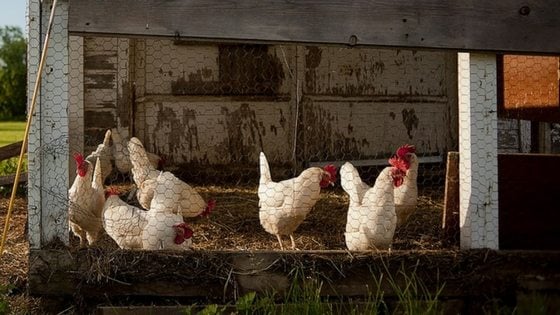
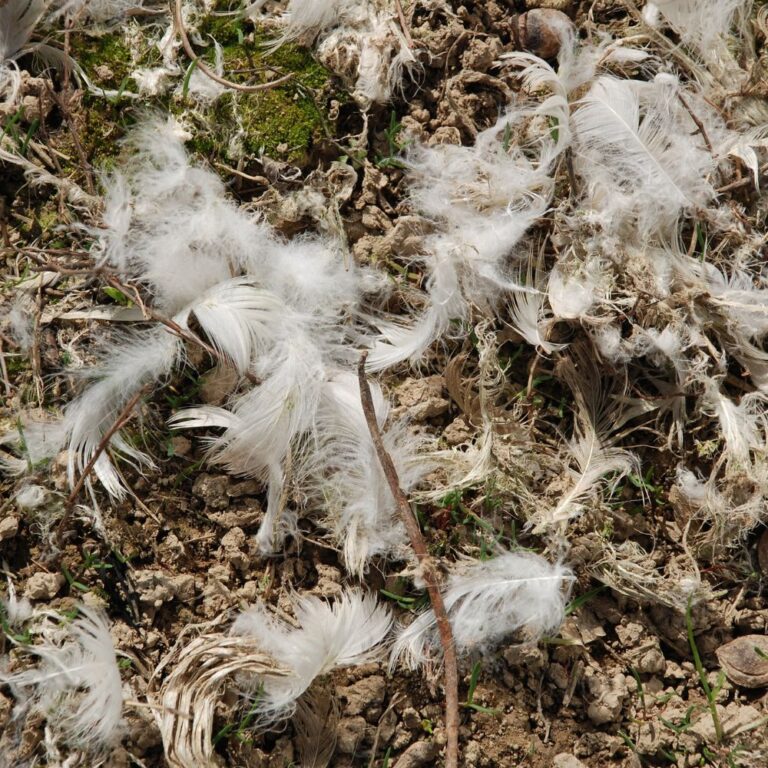
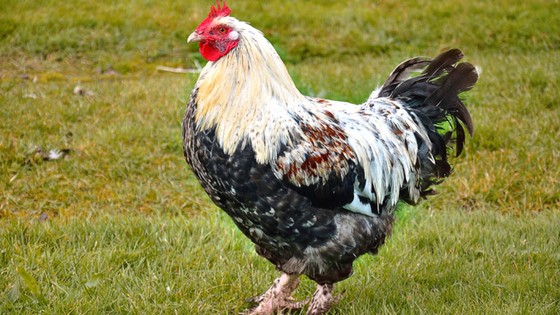
![Chickens & Your Garden: 7 Ways To Use Chickens In Your Permaculture Garden ‘What The Cluck?!’ Session 12 [Podcast]](https://thefrugalchicken.com/wp-content/uploads/2015/12/chickens-in-garden-permaculture.jpg)
![What Do Chickens Need Over Winter To Stay Healthy? [Podcast]](https://thefrugalchicken.com/wp-content/uploads/2016/09/chickens-in-winter-podcast-min.jpg)

My chickens love cooked potato skins, why shouldn’t you feed it to them ?
Potato skins can contain poison if they’ve turned green. If they’re cooked, it’s definitely better than raw. I personally just stay away from feeding them completely.